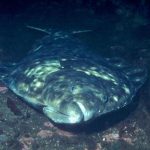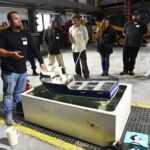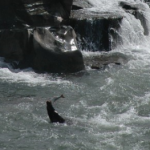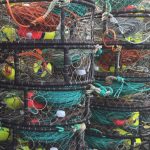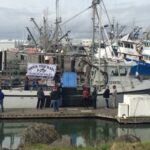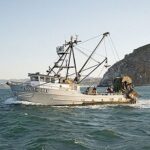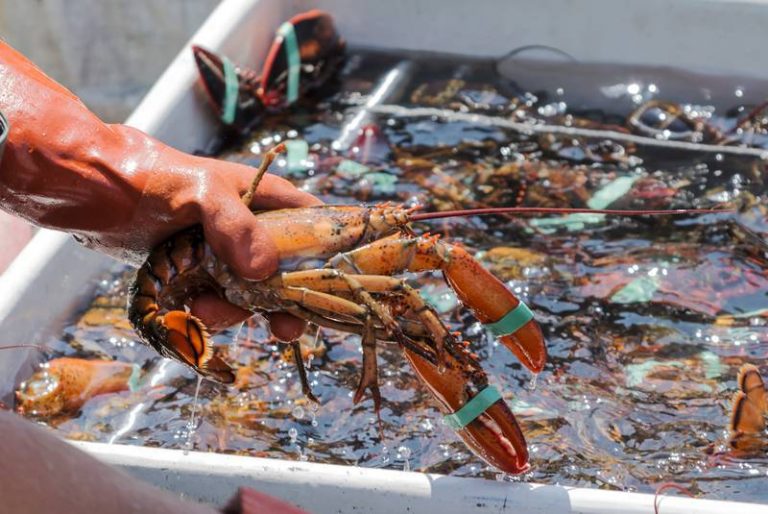FISH-NL says inshore harvesters and aboriginals should have to abide by same fishing regulations

FOR IMMEDIATE RELEASE Tuesday, June 26th, 2018
The Federation of Independent Sea Harvesters of Newfoundland and Labrador (FISH-NL) says two sets of commercial fishing rules for aboriginal versus non-aboriginal harvesters are creating an unfair playing field on the northwest Atlantic.
“Aboriginal harvesters do not have to follow the same regulations as other commercial harvesters when they’re fishing the same fish, side by side at the same time ,” says Ryan Cleary, President of FISH-NL. “That’s not only unfair, but it creates a competitive advantage for aboriginal harvesters and breeds division.”
The 2018 fixed-gear greenland halibut (turbot) fishery off eastern Newfoundland and Labrador is set to open on various dates in July.
This year, 60 groundfish licence holders submitted expressions of interest to take part in the turbot fishery that had not participated last year — including seven licences held by aboriginal groups purchased from inshore harvesters (no new licences were issued/created).
A DFO spokesman in St. John’s says commercial licences issued to Indigenous groups are done so under the Aboriginal Communal Fisheries Licence Regulations, and are not necessarily subject to commercial fisheries licensing policy.
“The time periods around vessel registration rules do not apply,” the spokesman said.
For example, while an aboriginal licence holder can enter into a short-term arrangement to lease a fishing vessel (as short term as one day), all other licence holders in this province are subject to the so-called “12-month rule” whereby a vessel registered in a harvester’s name stays tied to that harvester for a year.
The 12-month rule also doesn’t apply to harvesters in the Maritimes, where fishing boats can be leased for 30 days.
“I have no problem whatsoever with aboriginals playing a part in the commercial fishery as long as they have to abide by the same rules,” says Richard Gillett, Vice-President of FISH-NL and an inshore harvester from Twillingate.
“Fair is fair no matter if it’s aboriginal groups or foreign fleets or Newfoundland and Labrador harvesters,” Gillett added. “For me, these different rules reaffirm that DFO is out to push the traditional inshore harvester out of the fishery.”
The Trudeau government recently amended the federal Fisheries Act to acknowledge the rights of Indigenous peoples, but failed to include the principle of adjacency, which would have recognized rural communities with an historical attachment to the fishery.
Contact Ryan Cleary 682 4862

































